HS-ESS3-4
Evaluate or refine a technological solution that reduces impacts of human activities on natural systems.
-
 Health & Medicine
Health & MedicineYour bloodstream may be littered with the plastic you’ve eaten
For the first time, scientists have found plastic particles circulating in human blood. No one yet knows whether those polluting bits might pose a risk to health.
-
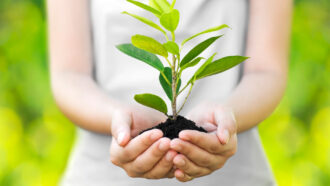 Chemistry
ChemistryLet’s learn about cellulose
The world’s most abundant natural polymer is finding all kinds of new uses, in everything from ice cream to construction.
-
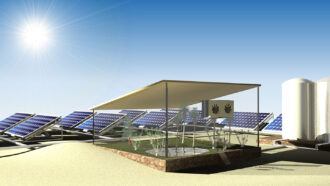 Tech
TechThis sun-powered system delivers energy as it pulls water from the air
The device not only produces electricity but also harvests water for drinking or crops. It could be especially useful in remote and dry parts of the world.
By Laura Allen -
 Climate
ClimateUN report calls for two-pronged approach to slow climate impacts
The latest IPCC climate change report underscores an urgent need for action to avoid the worst consequences of global warming.
By Nikk Ogasa -
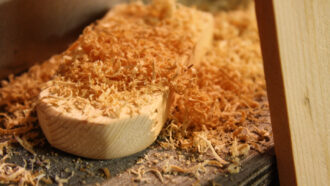 Materials Science
Materials ScienceA disinfectant made from sawdust knocks out deadly microbes
It’s made by pressure-cooking sawdust and water, is cheap and easy to make — and could lead to greener cleaning products than chemicals used today.
-
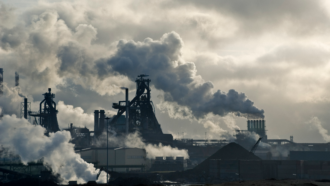 Chemistry
ChemistryNew process can transform urban CO2 pollution into a resource
Researchers have developed a liquid metal that breaks down carbon dioxide in the air, converting it from a climate threat into a valuable raw material.
-
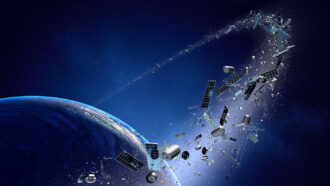 Tech
TechSpace trash could kill satellites, space stations — and astronauts
As private companies prepare to sprinkle space with tens of thousands of satellites, experts worry about the mushrooming threat of space junk.
-
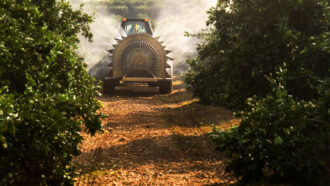 Environment
EnvironmentWidely used pesticides may threaten Earth’s ozone layer
Data show a major class of long-used “eco-friendly” copper chemicals unexpectedly react with soil, making gases harmful to Earth’s protective ozone layer.
-
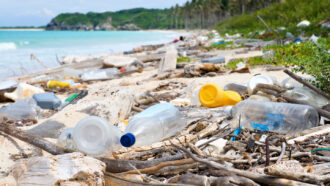 Environment
EnvironmentScientists Say: Pollution
Pollution is any substance or form of energy released into the environment that is harmful to people or other living creatures.
-
 Environment
EnvironmentClothes dryers may be a major source of airborne microplastics
Scientists thought washing machines were a leading contributor of microplastics. Now it appears dryers may be an even bigger problem.
-
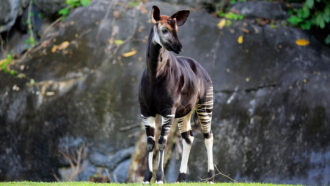 Genetics
GeneticsDNA in air can help ID unseen animals nearby
Analyzing these genetic residues in air offers a new way to study animals. It could give scientists a chance to monitor rare or hard to find animals.
By Laura Allen -
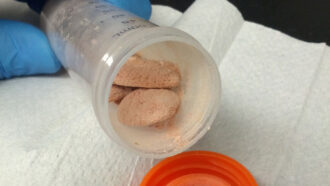 Environment
EnvironmentRecycling a climate-warming gas could make ‘greener’ farmed fish
Instead of warming the climate, methane gas can be collected to help farmers. Along the way, it may also save some fish.